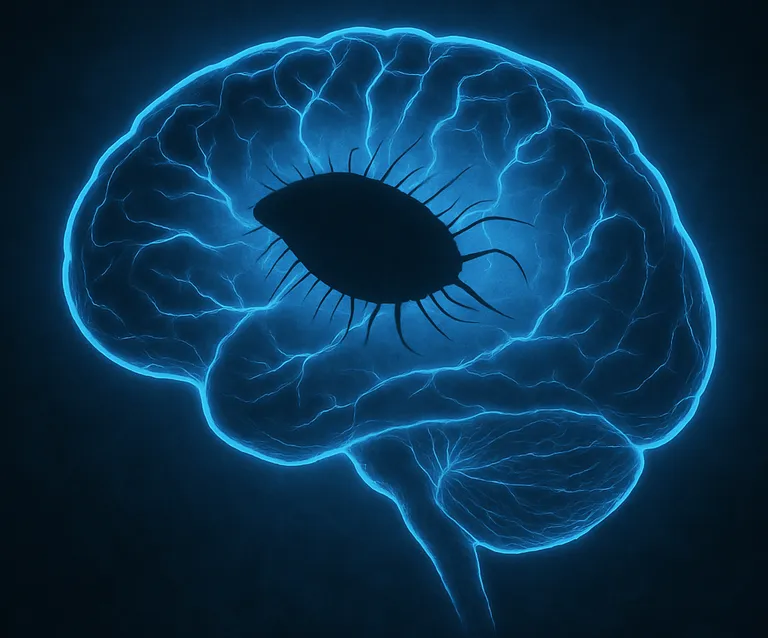A Parasite That Changes the Rules of Survival
It sounds like science fiction: a parasite capable of altering brain function to remove fear. Yet scientists are now studying just such an organism, inspired by its strange effects on animal behavior.
One of the best-known examples comes from Toxoplasma gondii, a microscopic parasite that can infect many warm-blooded animals. In mice, this infection has a bizarre side effect: it erases their instinctive fear of cats — a survival response they’re normally born with.
From Mice to Mind Science
Researchers have long known about T. gondii’s ability to rewire rodent brains. Infected mice often lose their natural aversion to cat scent, making them more likely to be caught and eaten — which, conveniently for the parasite, helps it complete its life cycle inside a cat’s digestive system.
Now, neuroscientists are investigating whether the biological mechanisms behind this fear removal could lead to new treatments for human conditions — particularly anxiety disorders, PTSD, and phobias.
“If we can understand exactly how this parasite alters fear processing, we might find clues to control overactive fear circuits in the human brain,” explained Dr. Elena Vargas, a behavioral neurologist.
How the Parasite Works
Early findings suggest that T. gondii may:
- Alter neurotransmitter levels like dopamine, which affects mood and fear response.
- Cause subtle changes in the amygdala, the brain’s fear-processing hub.
- Interfere with memory encoding of threats, making certain dangers feel less significant.
These effects are highly targeted — infected mice still show normal behaviors in other areas but lose their deep-seated fear of predators.
Potential Human Applications — and Risks
The idea of using a parasite-inspired mechanism to “turn down” fear is intriguing but comes with major ethical and safety concerns.
- Pros: Could lead to therapies for extreme anxiety or trauma.
- Cons: Could dull necessary survival instincts or cause unintended psychological effects.
Scientists emphasize that direct infection is not the goal. Instead, the aim is to replicate the biochemical process in a safe, controlled manner.
Final Thoughts
The study of fear-erasing parasites offers a surreal glimpse into how delicate — and hackable — our brains really are. While we’re far from a “fear switch” for humans, each discovery brings us closer to understanding the mysterious intersections of biology and behavior.
By ✍️ Tammy- MicuPost Team
Sources:
Published by MicuPost – Where science meets the unexpected.



